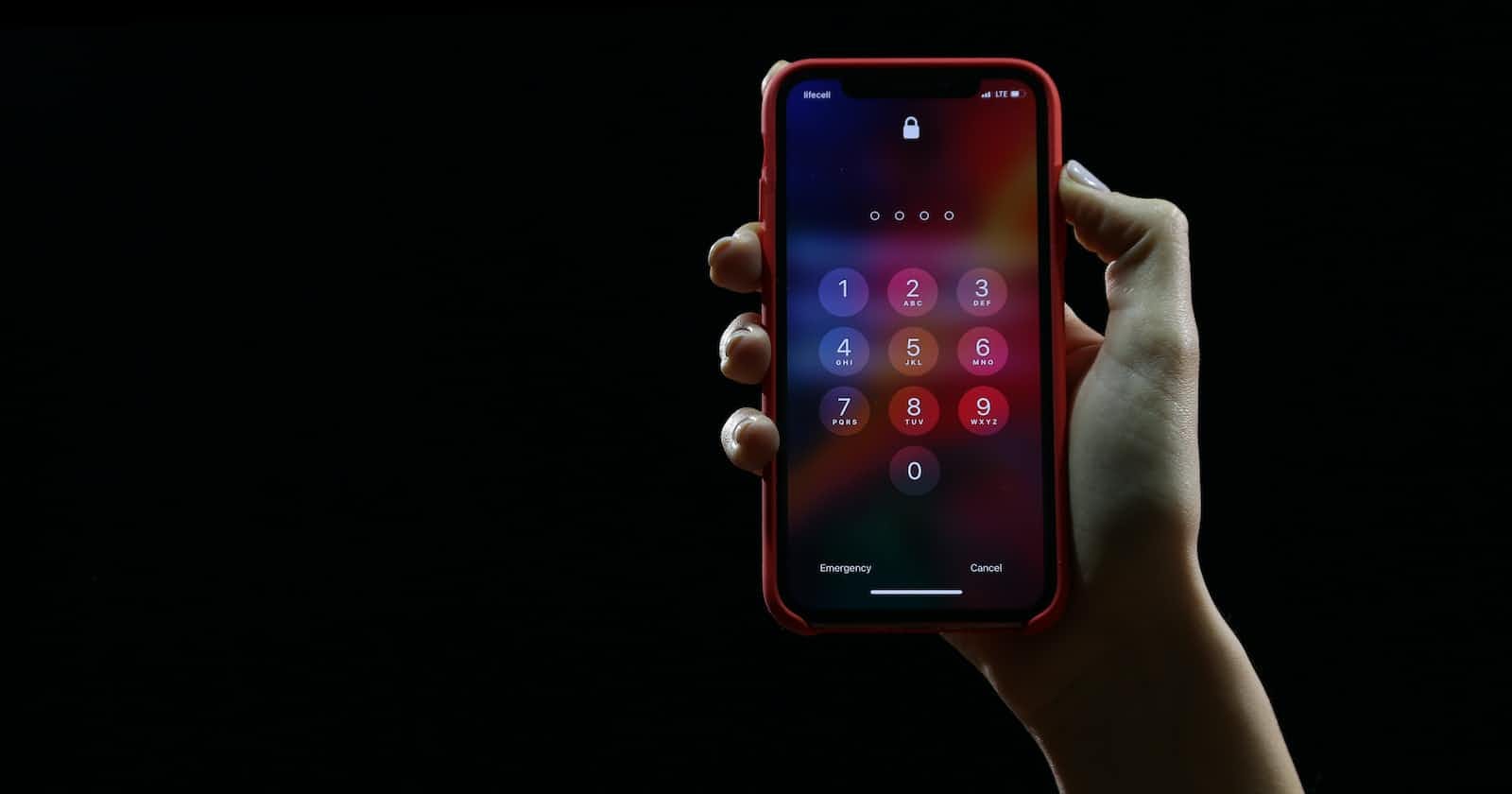Introduction
In today's interconnected world, where cyber threats are constantly evolving, safeguarding our online accounts and sensitive information has become more critical than ever. Two of the most effective measures for enhancing security are using strong passwords and implementing two-factor authentication (2FA). In this blog post, we will explore the importance of these security measures and provide practical tips for protecting your digital identity.
Why Strong Passwords Matter
Passwords serve as the first line of defense against unauthorized access to our accounts. Unfortunately, many individuals still underestimate the importance of creating strong passwords. Weak passwords, such as "123456" or "password," are shockingly common and make it incredibly easy for hackers to gain access to personal information.
Strong passwords are essential because they are significantly harder to crack. They typically consist of a combination of upper and lower case letters, numbers, and special characters. By using complex passwords, you create a formidable barrier that discourages hackers from attempting to break into your accounts. It is crucial to use unique passwords for each account to prevent a domino effect if one password is compromised.
Implementing Two-Factor Authentication (2FA)
Two-factor authentication provides an additional layer of security by requiring users to provide two pieces of evidence to verify their identity. It combines something you know (a password) with something you have (a physical device). This method significantly enhances security, as even if your password is compromised, hackers will still require the second factor to gain access.
There are various forms of 2FA, such as:
SMS or Email Verification: A code is sent to your registered mobile number or email address, which you must enter along with your password to log in.
Authenticator Apps: Apps like Google Authenticator or Authy generate time-based codes that you enter during the login process.
Biometric Authentication: This includes fingerprint or facial recognition, providing a unique physical characteristic to verify your identity.
The Importance of Multi-Layered Security
Combining strong passwords with two-factor authentication creates a multi-layered security approach that significantly reduces the risk of unauthorized access. While no security measure is foolproof, this combination makes it exponentially more challenging for hackers to breach your accounts.
Tips for Creating Strong Passwords
Length and Complexity: Aim for passwords at least 12 characters long and include a mix of upper and lower case letters, numbers, and special symbols.
Avoid Personal Information: Avoid using easily guessable information like names, birthdates, or addresses in your passwords.
Passphrases: Consider using passphrases instead of passwords. A passphrase is a series of unrelated words strung together, making it both easy to remember and difficult to crack.
Password Managers: Consider using a password manager to generate and securely store complex passwords for all your accounts.
Conclusion
In an era where cyber threats are prevalent, taking proactive steps to protect your online presence is crucial. Strong passwords and two-factor authentication are fundamental tools in your cybersecurity arsenal. By creating unique and complex passwords and implementing 2FA, you significantly enhance the security of your online accounts and personal information. Remember, a strong defense is built on multiple layers, so stay vigilant and regularly update your passwords to stay one step ahead of potential attackers.


